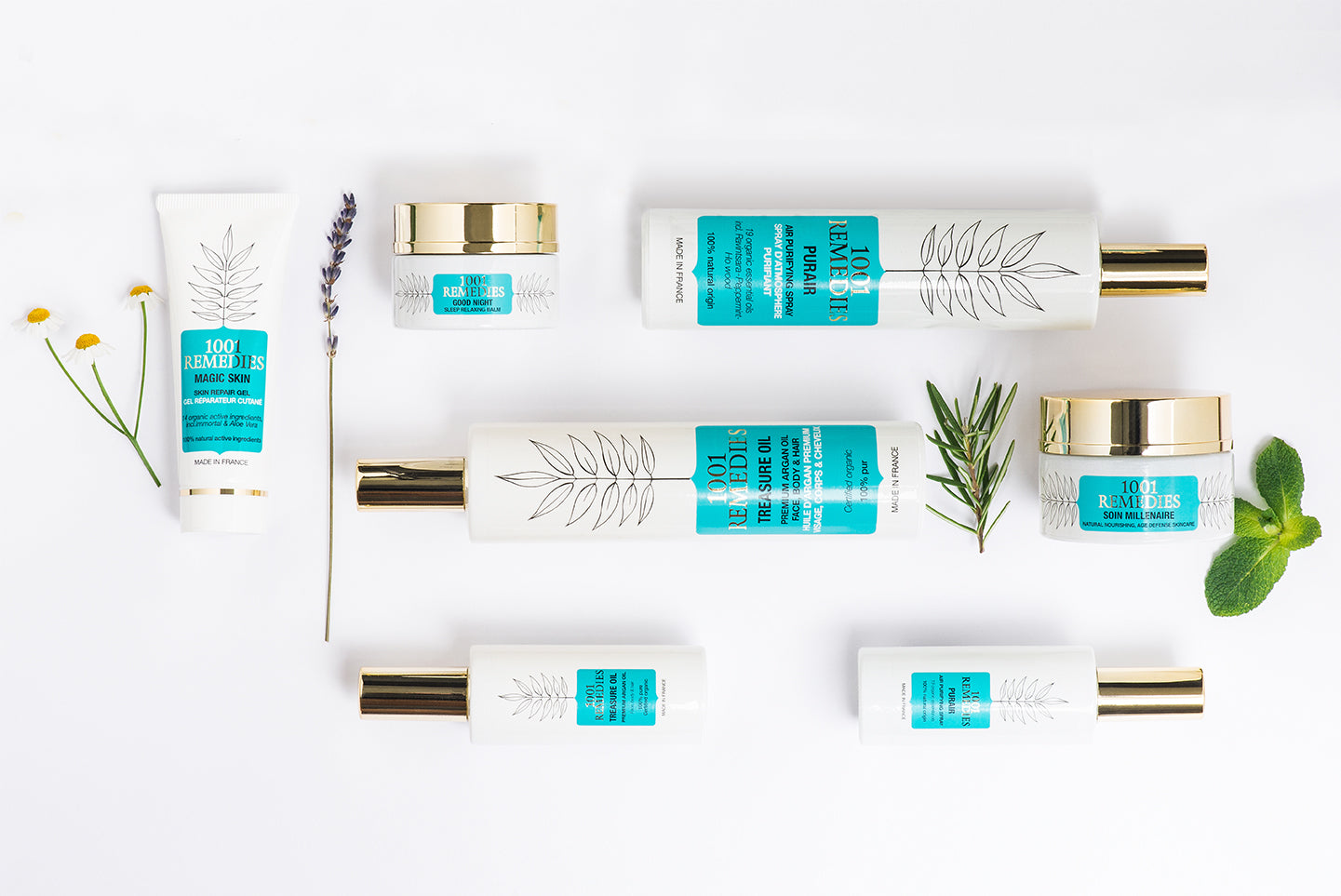
New Help for Preventing and Treating Scars
New Help for Preventing and Treating Scars
Most of us have at least one scar from accidents, acne, surgery, or other life events. Those marks and spots are a natural part of the healing process, but the effects can run more than skin deep. In addition to the cosmetic concerns, scars can have an impact on your emotional and social wellbeing.
While prevention remains the best course of action, the latest treatments can make scars less visible and enhance the quality of your life. See what you can do to avoid new scars and minimize the ones you already have.
Preventing Scars
-
Clean the wound. Clean a wound right away to remove dirt and foreign objects. Use sterile tweezers and lots of water, and remember to wash your hands first.
-
Take it easy. Avoid any activity that could put pressure on an open wound. That includes vigorous exercise and heavy lifting.
-
Resist scratching. Keep your hands off the injured area. Picking at scabs could cause infection. If you’re tempted to scratch, try moisturizing lotion with aloe or a warm compress to soothe the itch without further damaging your skin.
-
Avoid sun. Sun exposure can make darkened spots even darker. Be extra careful about using sunscreen to give your skin extra protection while it heals.
-
Read labels. Most dermatologists say that over-the-counter remedies that claim to heal scars do not live up to their claims. Save your money and apply inexpensive petroleum jelly, instead, for a waterproof shield.
Treating Scars
-
Try laser therapy. While surgery or dermabrasion may still be recommended for severe scarring, there are many more treatment options today that are more comfortable and require less recovery time. Resurfacing or ablative lasers typically require 3 to 5 treatments, and about a week of downtime. Nonablative lasers work even faster.
-
Fill them up. Injectable fillers plump up sunken scars like those associated with acne. You’ll need to repeat these procedures at least once a year, but the results are immediate.
-
Inject steroids. On the other hand, if your scar is raised, steroid injections can help soften and shrink it so it looks flatter. As a bonus, these treatments may also relieve any burning and itching sensations.
-
Reduce discoloration. For small scars and discoloration, chemical peels can be a less expensive alternative to laser treatments. They come in 3 grades, and are performed on an outpatient basis. Your recovery time will depend on the intensity of the procedure.
Living With Scars
-
Manage your expectations. Keep in mind that proper treatment makes scars less conspicuous, but does not remove them completely. Decide how much time and money you want to invest based on your individual needs. Your scars may cause you great stress or you may barely notice them.
-
Prepare your response. Prominent scars are likely to attract attention. Rehearsing your reaction can help you feel less anxious. Maybe you want to be direct, and ask strangers not to stare. Maybe you want to let your confident body language tell others that you love yourself as you are.
-
Seek counseling. You’re not alone if you’re unhappy with your appearance or struggling to deal with the difficult memories that your scars trigger. Find a support group or see a therapist to help you resolve the issues.
Today’s minimally invasive procedures offer new hope if you have scars that are interfering with your ability to enjoy life. Talk with your doctor about what treatments are appropriate for you. Meanwhile, take care of your skin, and remember that you are more than just your physical appearance.



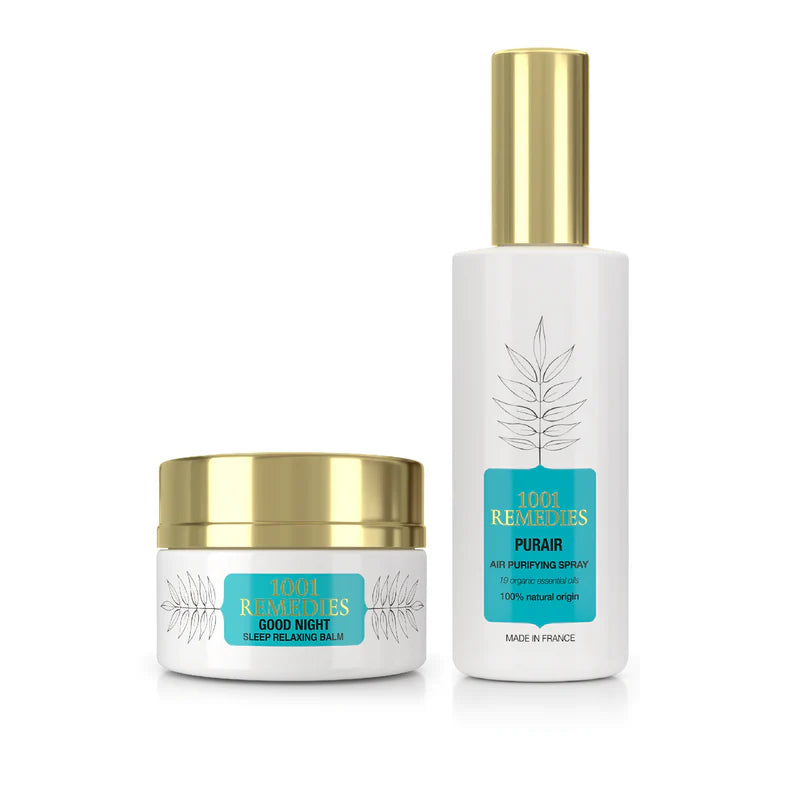
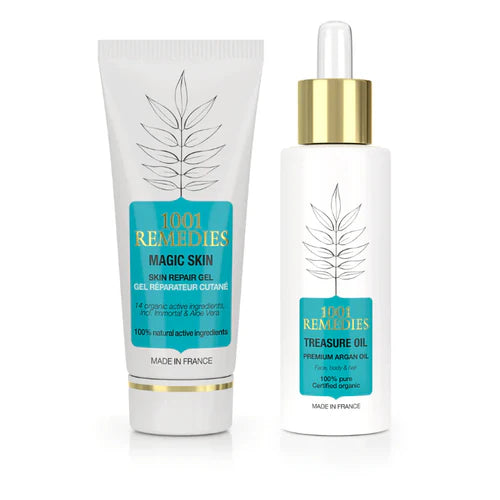
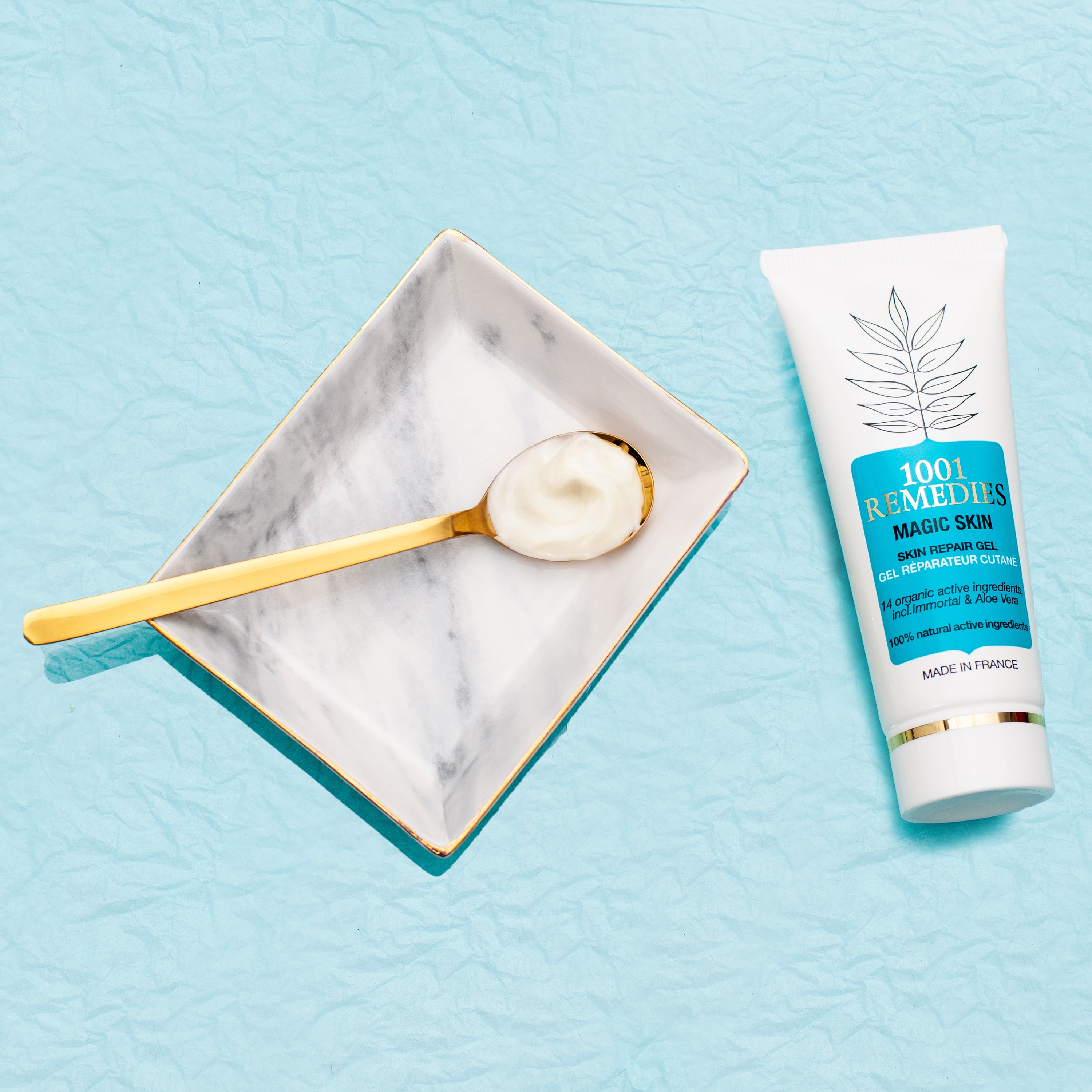
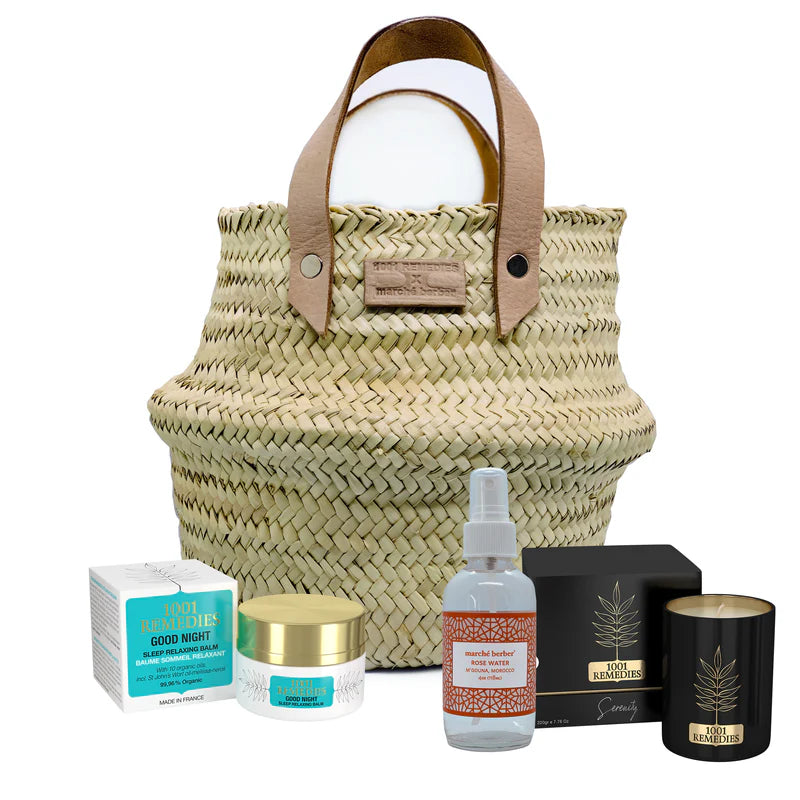

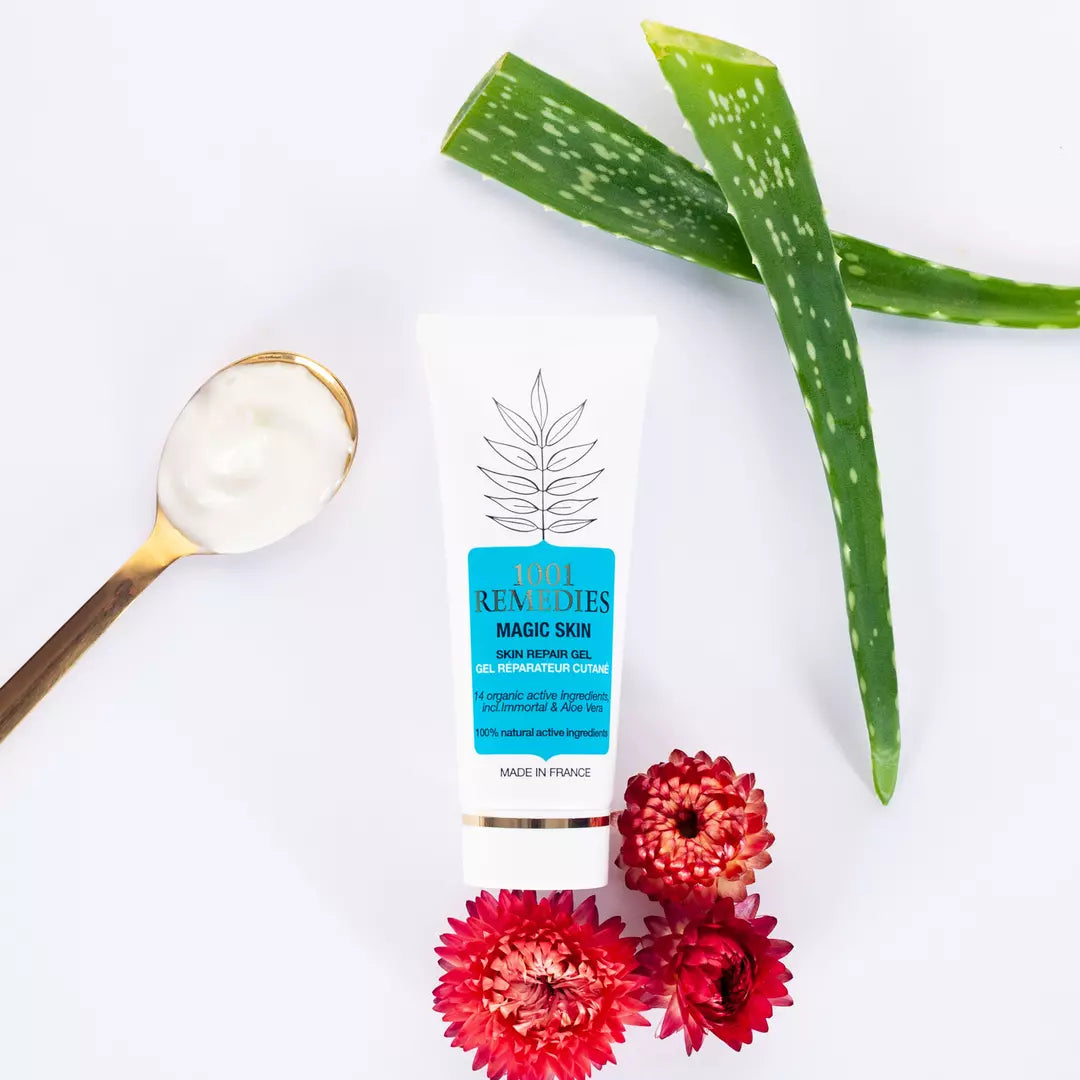

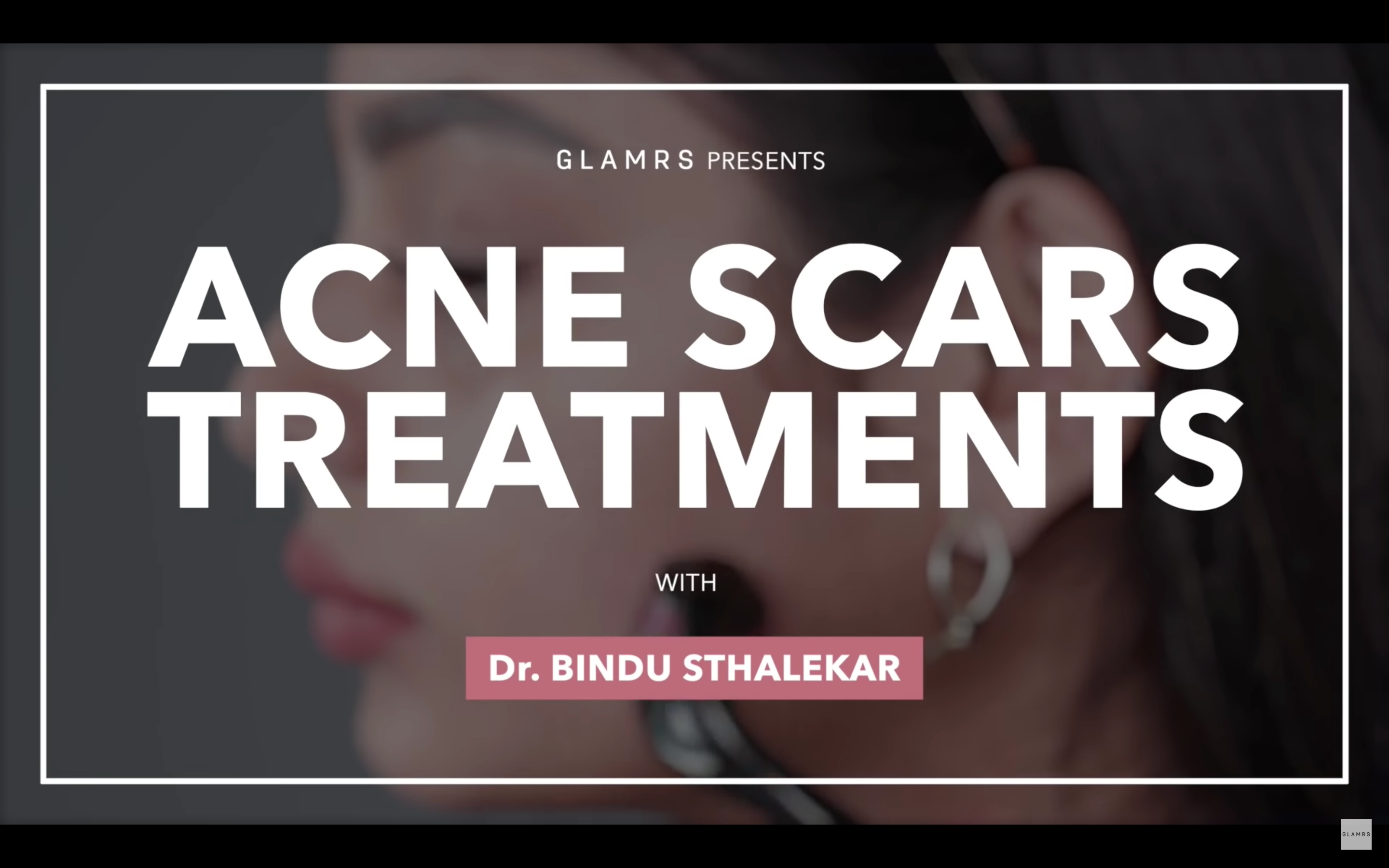
Leave a comment
This site is protected by hCaptcha and the hCaptcha Privacy Policy and Terms of Service apply.